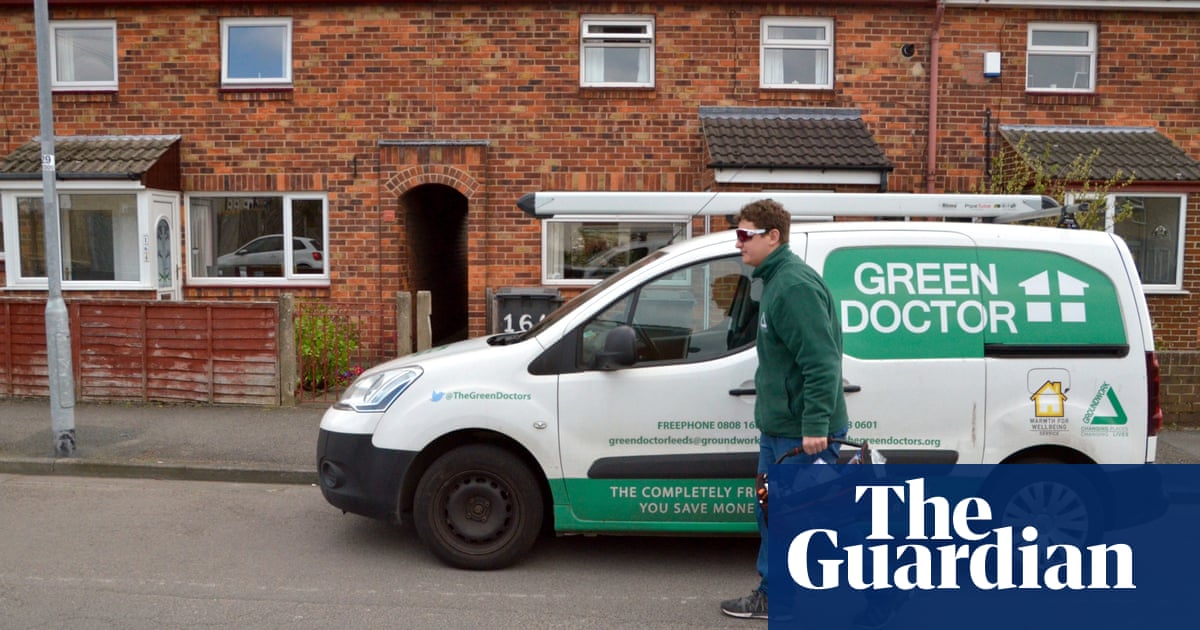
On Monday, Michael Gove stood up in parliament and made a promise that was long overdue: no person living in a building higher than 11 metres in England will be forced to pay for dangerous cladding to be removed from their building. The announcement by the secretary of state for levelling up, housing and communities is a huge victory for cladding campaigners, but the fight is not over.
His was a point so obvious that it shouldn’t need making. However, the government has dragged its heels in the years since the Grenfell Tower tragedy, which led to hundreds of thousands of leaseholders facing the prospect of having to pay tens of thousands of pounds to fix previously unknown safety defects with their buildings.
Gove is now the fourth housing secretary to attempt to fix the building safety crisis in the four and a half years since the fire at Grenfell. His announcement is the first major intervention since February last year, when his predecessor, Robert Jenrick, announced further grant funding for the replacement of dangerous cladding on buildings taller than 18 metres, alongside a loan scheme for those living in buildings between 11 metres and 18 metres high.
The new plan will see the loan scheme, detested by leaseholders and many Tory backbenchers, scrapped. Cladding remediation of medium-sized buildings will instead be paid by developers at an estimated total cost of £4bn. Developers have until March to sign up to a deal that will see them make annual contributions to cover these costs. They must also fully fund cladding work on buildings that they played a role in constructing. Those who do not sign up to the deal are being threatened with public contract bans, planning restrictions and legal action.
Previous government interventions have done little to solve the problem, which has continued to engulf more people who discover they are living in an unsafe building when they or one of their neighbours try to sell. The scandal has resulted in financial ruin for thousands of leaseholders. Many of them are young, first-time buyers, such as Hayley Tillotson, who was forced to declare bankruptcy last year due to mounting fire safety bills. Like many others, she had been asked to pay hundreds of pounds a month for a round-the-clock fire patrol to watch her building. Some residents have resorted to carrying out their own waking-watch patrols in order to reduce costs.
Monday’s announcement may well mark a turning point for those affected by the scandal. Leaseholders have picked up on a notable change of tone since Gove, a high-profile appointment to the newly rebranded department for “levelling up”, took office in September last year. Before Gove, ministers repeatedly said that leaseholders will be forced to bear some of the costs of remediation work. On Monday, Gove promised to introduce legal protections to prevent leaseholders from paying anything.
This is undoubtedly a huge victory for leaseholders. Darren Matthews, who is facing a bill of £97,000 to fix various issues with his flat in a 13.4-metre high building, told me he is “cautiously optimistic” and praised Gove, who he said has spent more time with campaigners than his predecessors. Cladding campaigners have worked tirelessly for several years now to see this moment come to reality. Lucy Brown, who is living in a block taller than 18 metres with flammable cladding, said that a “slow week” sees her spending roughly 30 hours on building safety campaigning on top of her day job and bringing up three children. She told me she is “more hopeful” after Monday’s announcement.
However, Brown, like many other leaseholders, also points to some of the gaping holes in Gove’s plans. Currently the plan only seems to cover the cost of cladding replacement, which makes up a small fraction of the building safety work required, with leaseholders also being charged for things such as missing firebreaks and flammable insulation. The plan also still excludes those living in blocks below 11 metres, who have been hit with fire safety costs.
As the housebuilders were quick to point out, Gove’s plan focuses heavily on developers, while the Grenfell inquiry has shown that cladding and insulation manufacturers have just as much to answer for. Let’s also not forget the role successive governments have played in the scandal (combustible materials are still not banned on buildings below 18 metres despite pleas from the Grenfell community). David Cameron’s “one in, two out” policy on new regulations is just one example of how successive governments since the Thatcher era have created a regulatory environment that was so easily gamed by the construction industry at a time when fire brigade budgets were being slashed. Some have questioned the timing of Gove’s announcement, which focuses public attention on big developers, just as the Grenfell inquiry turns its attention to the role of government in the tragedy.
There’s also the question of the practicalities of Gove’s plan. The government has used tough words with the industry before – for instance, when it said it would “name and shame” freeholders who owned buildings with dangerous cladding – to little effect. A letter from the Treasury to Gove’s department, which was leaked to Newsnight last week, showed the former has authorised “a high-level ‘threat’ of tax or legal solutions in discussions with developers”, but has not yet agreed to any new measures. Meanwhile, it said Gove’s department’s budget, which includes social housing spend, must act as a “backstop” if developers fail to cough up.
Even if developers do agree to the plan, the anguish for leaseholders is far from over. Funding has been available to remove cladding from buildings higher than 18 metres for some time now, but work is yet to start on many of them, including that of Brown, in her tower block with her three children and her yet-to-be assuaged concerns. In the meantime, she has been forced to run through fire safety drills with her children. Her youngest daughter won’t sleep in her own room any more as she is too worried about a fire happening in the middle of the night.
Lucie Heath is the deputy news editor of Inside Housing












